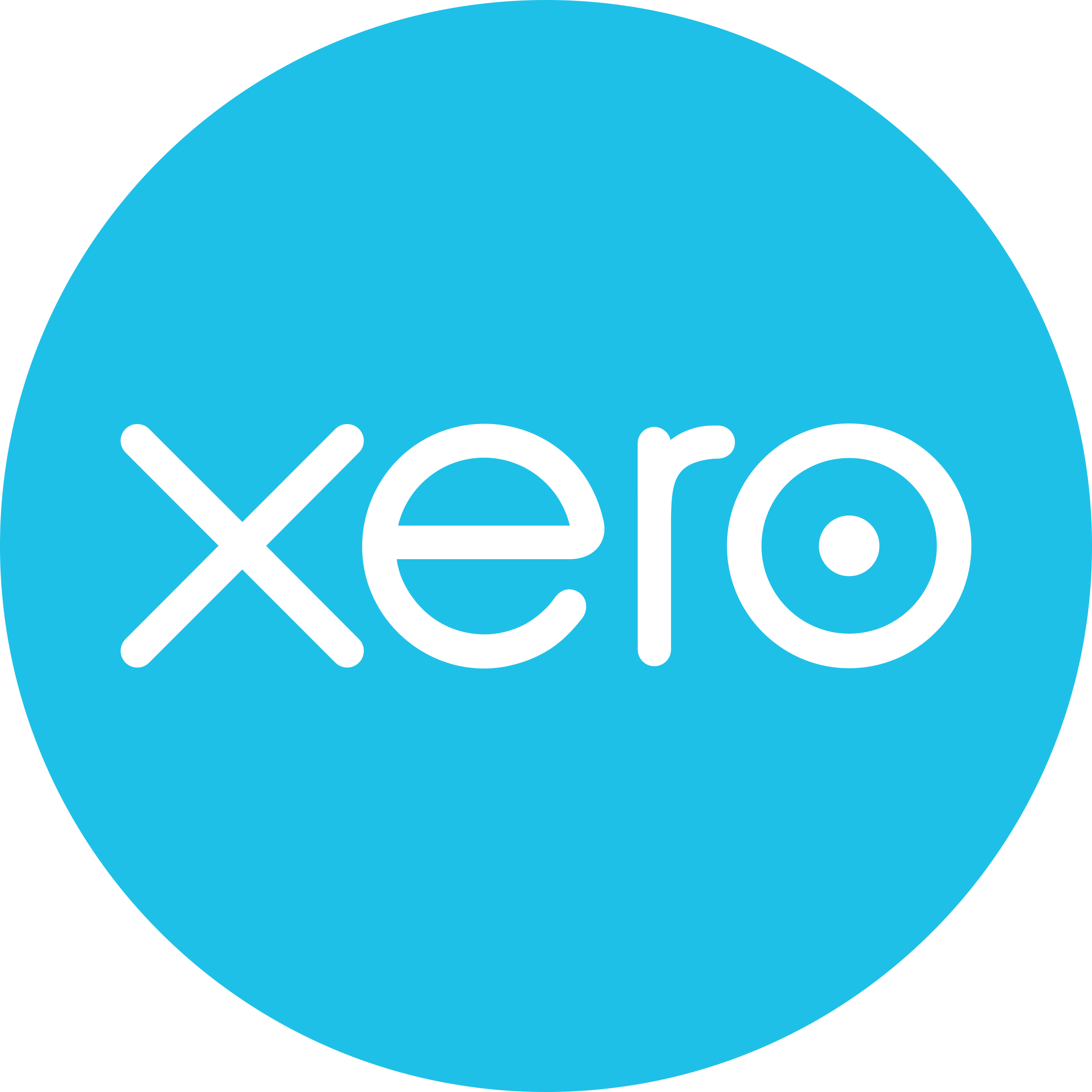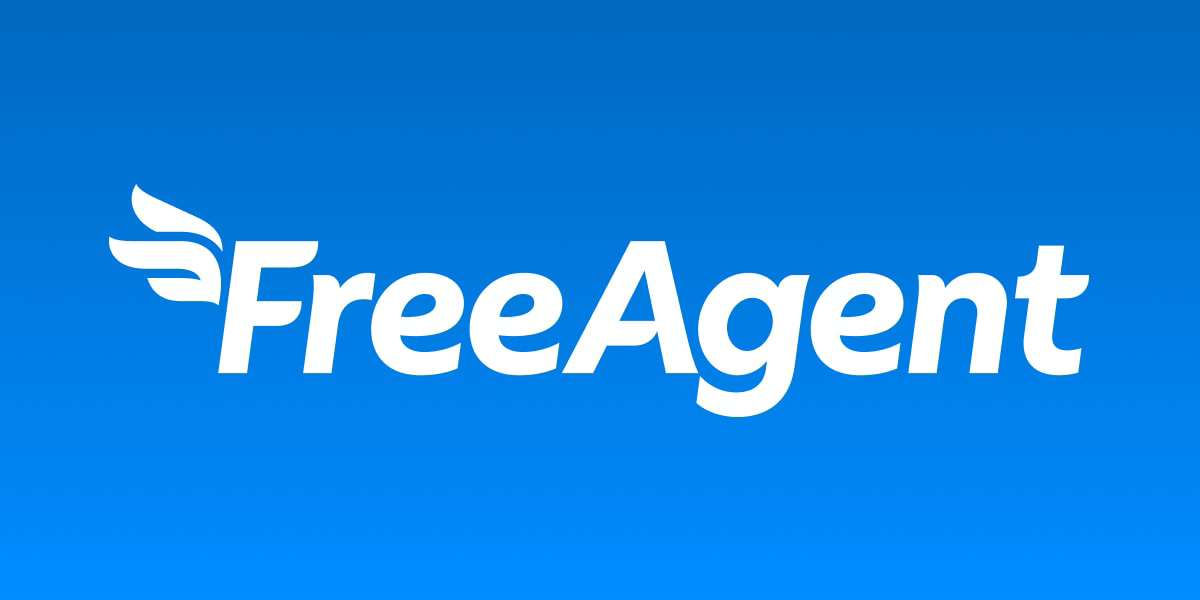In today’s data-driven business scenario, accountants play a vital role in assisting firms make knowledgeable financial decisions. To accomplish this, they count on a myriad analytical tools that facilitate data management, analysis, and reporting. These tools not only streamline accounting processes but also improve accuracy, productivity, and strategic decision-making. In this blog, we will delve into the best analytical tools accountants in Kingston use to excel in their profession.
1. Microsoft Excel
Microsoft Excel remains the unanimous advanced analytical tool for accounting professionals. It offers various functions and features that streamline data entrance, manipulation, and assessment.
With Excel, accountants can create complex financial models, perform calculations, generate charts and graphs, and even build automated reports. Its adaptability and general adoption make it an indispensable tool in the accountant’s toolkit.
Key features of Microsoft Excel for accountants:
- Spreadsheet functionality for organizing financial data.
- Formulas and functions for performing calculations.
- Pivot tables for summarizing and analyzing data.
- Data visualization tools like charts and graphs.
- Automation through macros and VBA (Visual Basic for Applications).
2. QuickBooks
QuickBooks is a popular accounting software created to simplify financial management for companies of all sizes. Accountants in Kingston use QuickBooks to track income and expenses, manage invoices, reconcile bank accounts, and generate financial reports. It streamlines accounting processes, reduces manual data entry, and ensures accurate recordkeeping.
Key features of QuickBooks for accountants:
- User-friendly interface for easy data ent.
- Integration with bank accounts for real-time transaction tracking.
- Customizable reports to meet specific financial analysis needs.
- Support for multiple users and roles within an organization.
- Cloud-based options for remote access and collaboration.
3. Tableau
Tableau is an advanced data visualization tool that accountants use to convert complex financial data into actionable insights. It allows accountants in Kingston to create interactive dashboards, charts, and graphs, to identify trends, outliers, and patterns in financial data. Tableau’s drag-and-drop interface simplifies data exploration and visualization.
Key features of Tableau for accountants:
- Interactive dashboards for dynamic data exploration.
- Connection to various data sources, including spreadsheets and databases.
- Advanced analytics capabilities, including predictive modeling.
- Secure sharing and collaboration options for teams.
- Integration with other accounting and data tools.
4. SAP Business One
SAP Business One is an enterprise resource planning (ERP) tool for small and medium-sized businesses. Accountants in Kingston use SAP Business One to manage financial transactions, track inventory, handle payroll, and generate financial reports. It provides an in-depth suite of accounting and financial administration tools.
Key features of SAP Business One for accountants:
- Real-time financial data for informed decision-making.
- Integration with other business processes, including sales and inventory.
- Automated financial transactions and journal entries.
- Multi-currency and multi-language support for global businesses.
- Customizable reports and dashboards.
5. Alteryx
Alteryx is a data preparation and analytics platform that empowers accountants to clean, transform, and analyze financial data with ease. It simplifies data blending from multiple sources and offers advanced data analytics capabilities. Accountants in Kingston can use Alteryx to automate repetitive tasks and build predictive models.
Key features of Alteryx for accountants:
- Data blending and integration from various sources.
- Advanced analytics, including predictive and spatial analysis.
- Workflow automation for time-saving data preparation.
- Data profiling and cleansing to ensure data accuracy.
- Collaboration and sharing options for teams.
6. Xero
Xero is cloud-based accounting software that simplifies financial management for small businesses and accountants in Kingston alike. Accountants use Xero to reconcile bank transactions, track expenses, manage payroll, and collaborate with clients. It offers real-time access to financial data from anywhere with an internet connection.
Key features of Xero for accountants:
- Cloud-based access for anytime, anywhere accounting.
- Bank feeds for automatic transaction reconciliation.
- Multi-user collaboration and client access.
- Integration with third-party apps and add-ons.
- Reporting tools for financial analysis and decision-making.
7. Power BI
Microsoft Power BI is a business intelligence tool that allows accounting experts to create interactive reports and dashboards from various data sources. It provides powerful data visualization capabilities, making it easier to analyze financial data and share insights with stakeholders.
Key features of Power BI for accountants:
- Connects to a wide range of data sources.
- Drag-and-drop report and dashboard creation.
- Natural language query for data exploration.
- Integration with Excel and other Microsoft tools.
- Secure sharing and collaboration features.
Conclusion
Accounting professionals play a pivotal role in helping businesses manage their finances and make strategic decisions. To excel in this role, they rely on a diverse set of analytical tools that streamline data management, analysis, and reporting. From the familiar Microsoft Excel to specialized software like Tableau and Alteryx, these tools empower accountants to efficiently handle complex financial data, provide valuable insights, and drive financial success for their organizations. As technology continues to evolve, accountants must stay up-to-date with the latest analytical tools to remain at the forefront of their profession. We at Regal Accountants are a renowned accounts and audit firm. We boast top-notch accountants in Kingston to offer various accounts and taxing solutions to help your business thrive.







